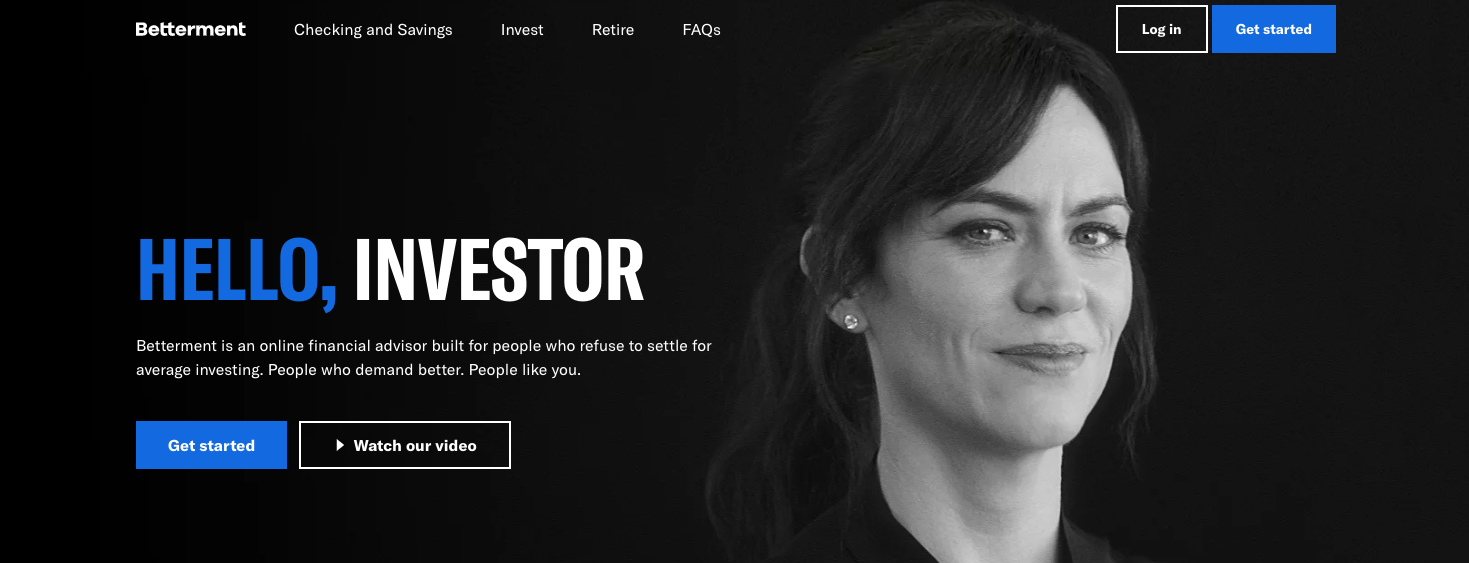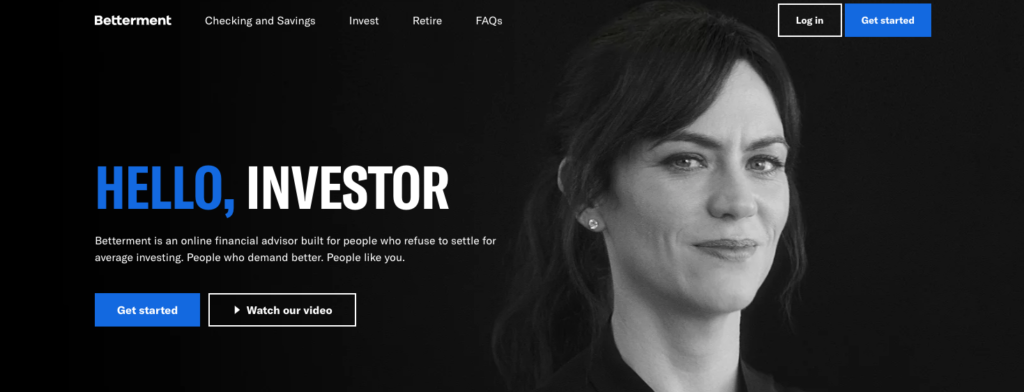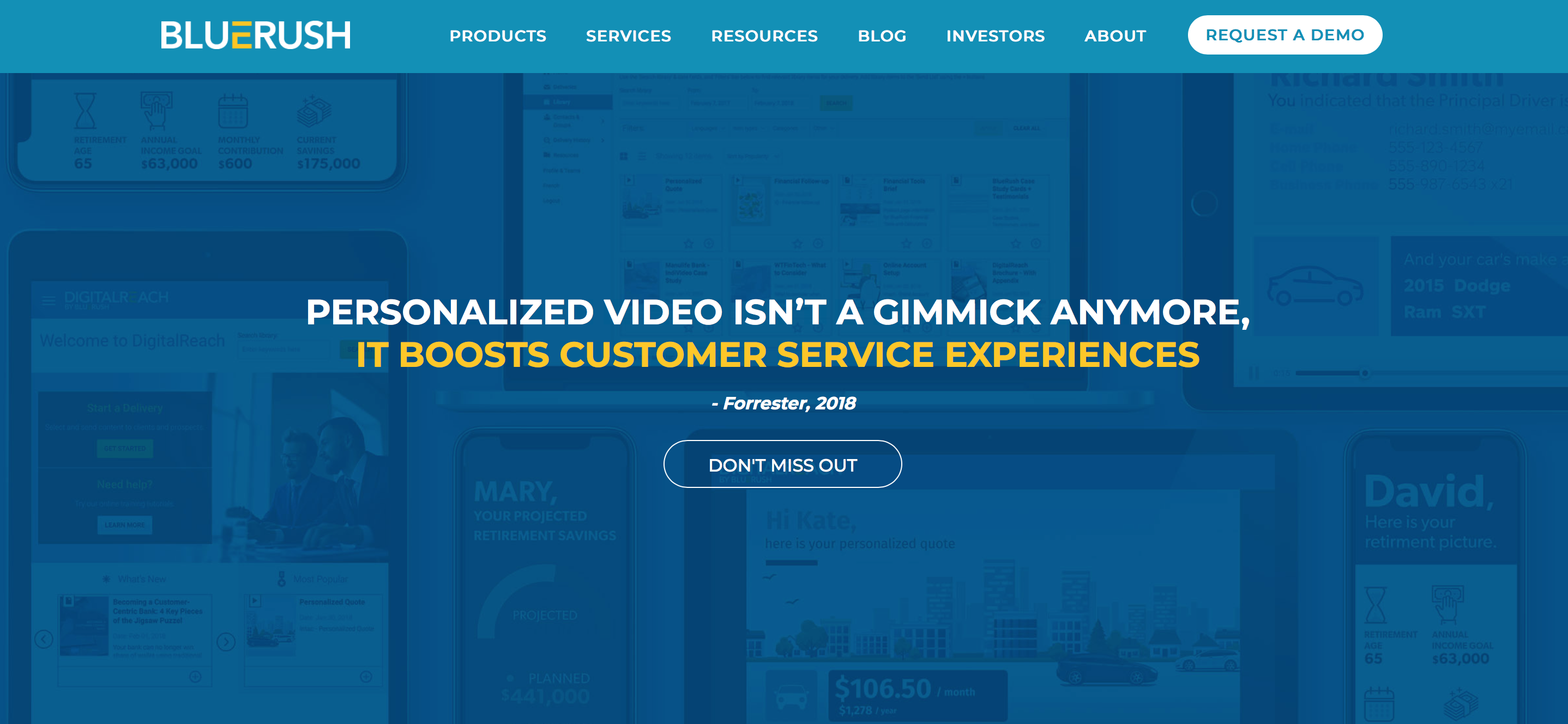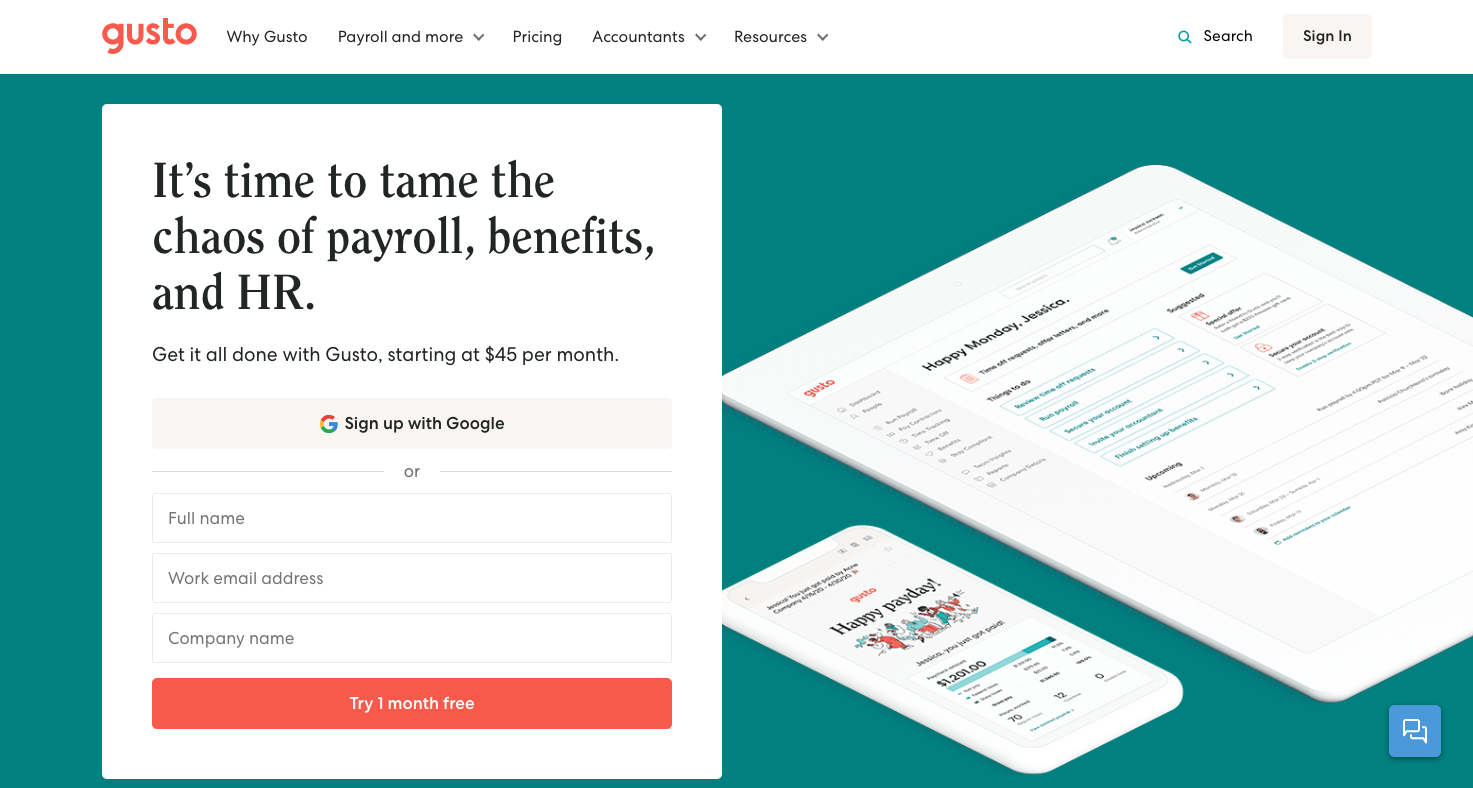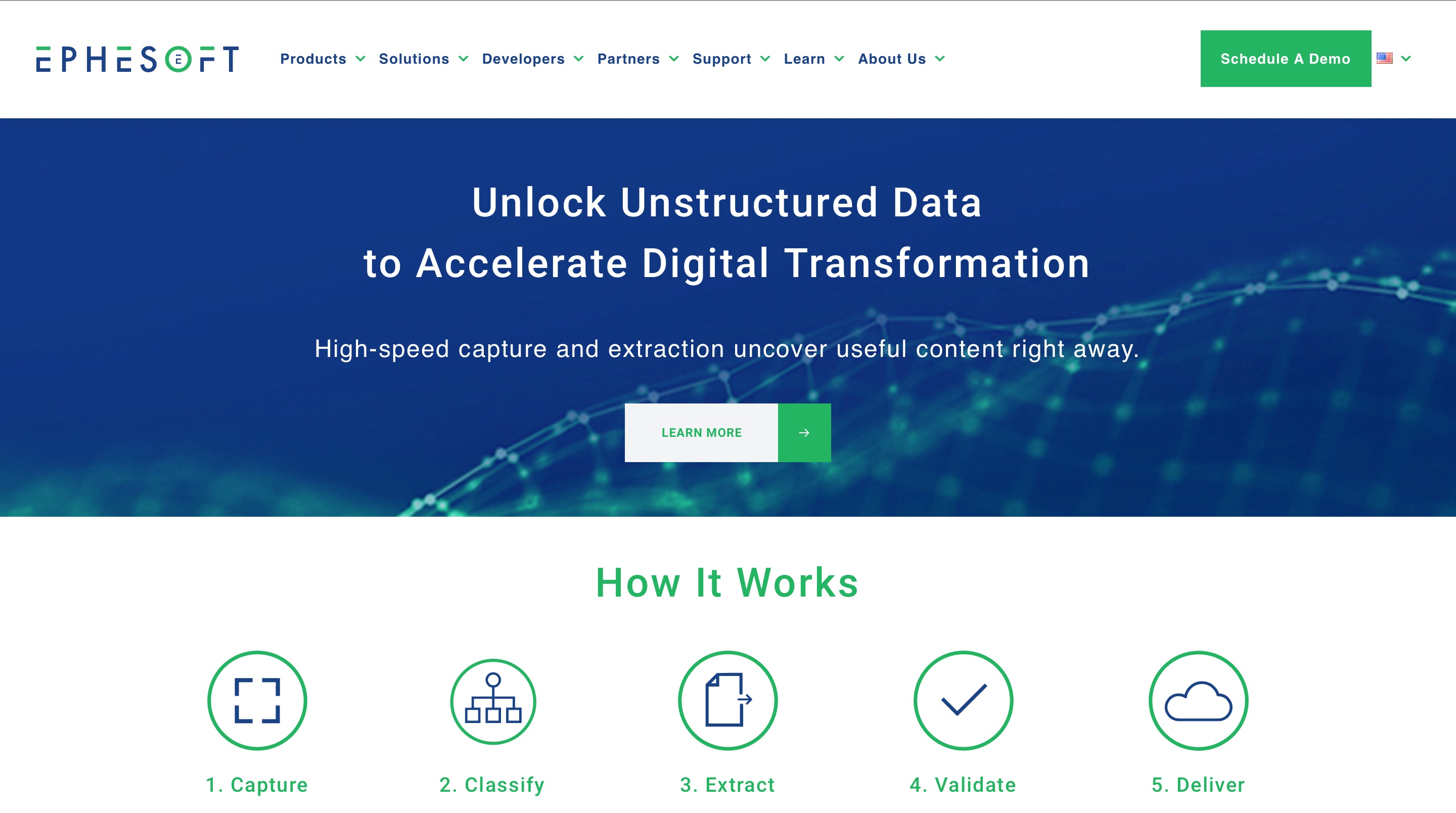
Unveiled this week, the latest version of ID R&D’s voice solution, IDVoice, leverages AI and voice technology to give users a major boost in biometric matching speed and an enhanced, multi-channel onboarding and authentication process.
“As enterprises migrate to conversational interfaces through mobile, web, and call center applications, a strong cross-channel voice authentication capability is essential,” ID R&D Chief Science Officer Konstantin Simonchik said. “With IDVoice v2.7, we are making it much easier and more efficient for enterprises to deploy voice biometrics consistently on all channels using the programming tools they prefer.”
IDVoice enables enterprises to execute on their omni-channel voice biometric strategy, while avoiding the drawbacks common to many other voice biometric solutions. With IDVoice, for example, developers can account for different channels without requiring separate enrollments for each channel (i.e., mobile, web app, call center, etc.). This is made possible by the platform’s biometric engine architecture which is channel, language, and age variance agnostic, as well as being resistant to environmental noise.

Other enhancements to the technology improve its ability to detect voice activity and add a 10x speed improvement to a critical platform algorithm. Together these improvements ensure that IDVoice provides higher quality and faster onboarding and verification, saving time and improving the user experience. Opus Research founder and lead analyst Dan Miller referred to the technology as offering a “zero-effort authentication process (that is) fast becoming a necessity for businesses with customers who reach out across multiple devices and channels.”
The launch of the latest version of IDVoice comes just days after ID R&D announced that sound recognition technology specialist Wavio would integrate ID R&D’s AI and machine learning acoustic detection functionality into its sound recognition solution, SoundAI.
“Wavio was highly impressed when we tested ID R&D’s software, and after learning more about ID R&D’s deep research and knowledge of voice, audio processing, and the very latest in artificial intelligence methods, we were convinced that ID R&D is the right partner to help us fulfill our mission,” Wavio CEO Greyson Watkins said.
ID R&D demonstrated SafeChat, its frictionless, continuous authentication for remote logins and conversational interfaces, at FinovateFall 2018. The technology provides authentication by leveraging a combination of biometric inputs that are available through the normal interactions between users and the device. This enables the solution to verify the identity of users without requiring them to do anything specific to authenticate. ID R&D noted that the technology brings a biometrically-secured, Alexa-like experience to mobile, conversational, and IoT platforms.
Founded in 2016, ID R&D is headquartered in New York City. The company has raised $5.7 million in funding from investors including GSR Ventures and Gagarin Capital Partners. Alexey Khitrov is CEO.


